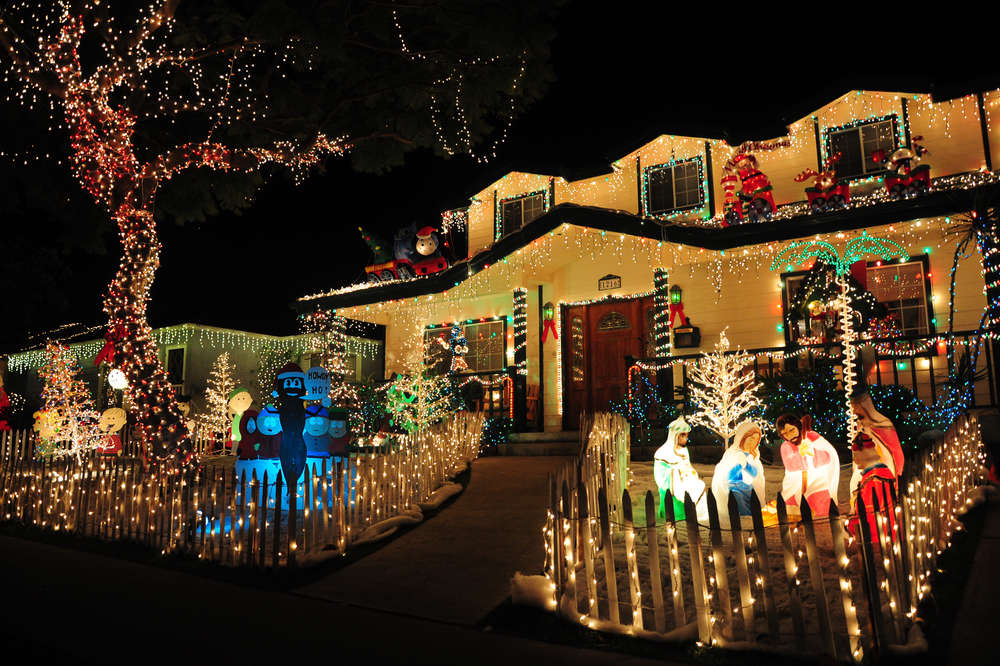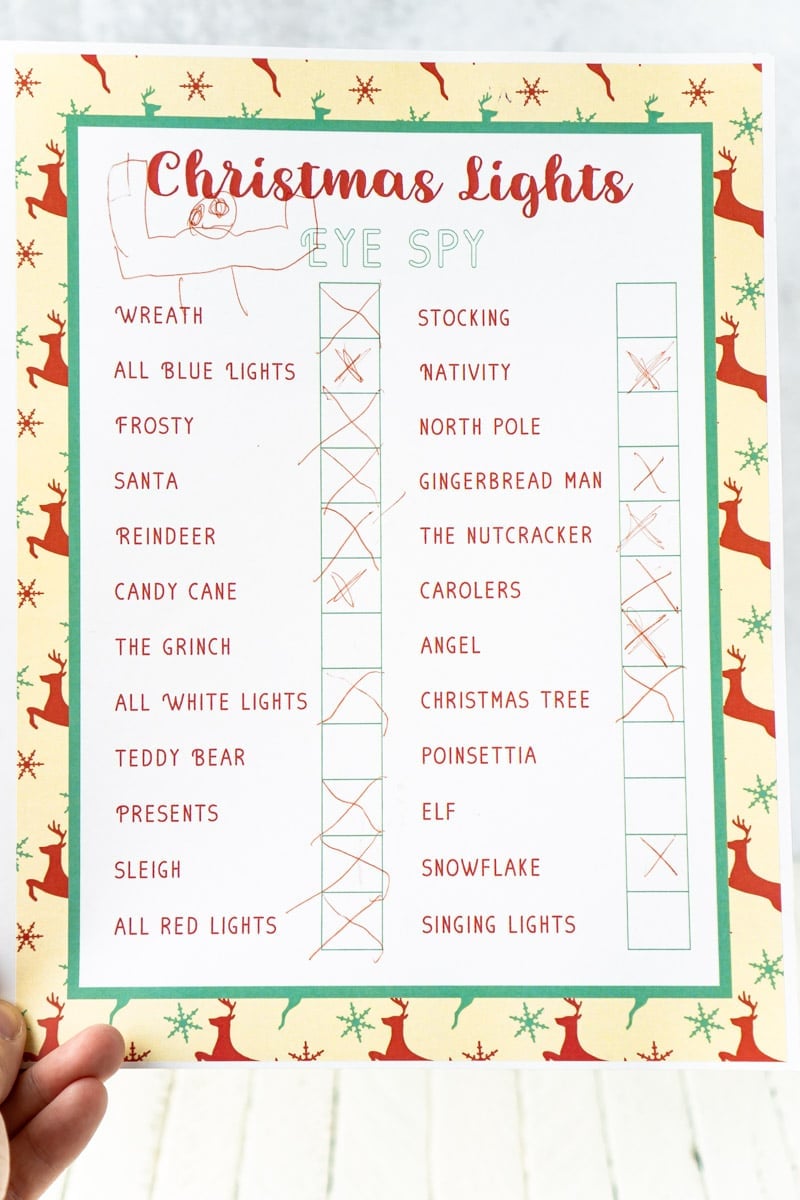Root Balled Christmas Trees
Root Balled Christmas Trees - You dont want the ball to dry out completely but by the same token it shouldnt be soggy all the time either. The ball of soil enclosing the roots is secured by the use of hessian wrap and an un-galvanised wire net. Dig a hole for your balled Christmas tree. Keep your live tree in the house for as short a time as is possible.

Caring For Ball Burlap Christmas Trees Bob S Market And Greenhouses
We have a broad range of classic shapes and.

Root Balled Christmas Trees. Sinning foresees a busy holiday season even in the face of the coronavirus pandemic. Do not remove the tree directly from a warm house out into freezing temperatures. Our selection of quality Living Christmas Trees have good root systems and are either potted or sold as rootballs.
No you cant root a Christmas tree. The tree will need adequate water. When the sacking is removed pot the tree in moist earth.
These have large field-dug root balls bundled in burlap or other fabric. Care of Your Living Christmas Tree Indoors. Wrap the root ball in plastic or place in a tub while it is in the house.
Following use as Christmas trees either type can be planted into the landscape. If lights are used they must not give off any heat. Once the plant is in the hole remove the string wire or twine that secures the burlap covering then strip the burlap down the sides of the root ball.
Care of Your Living Christmas Tree Before Taking It Indoors Put the tree in a protected area such as a carport or garage so that the rootball will not freeze or leave tree out and cover the rootball with an old rug straw leaves or other mulch material. When planting trees or shrubs that are balled and burlapped leave the burlap on until you have dug your hole and set the plant. Living Christmas Trees - the Sustainable Choice.
Ensure there is 1-2 of water at the bottom of your tub or. All native and many ornamental varieties. Place your tree in the hole and remove any wire cage surrounding the root ball from the top to approximately three inches below soil level.




































